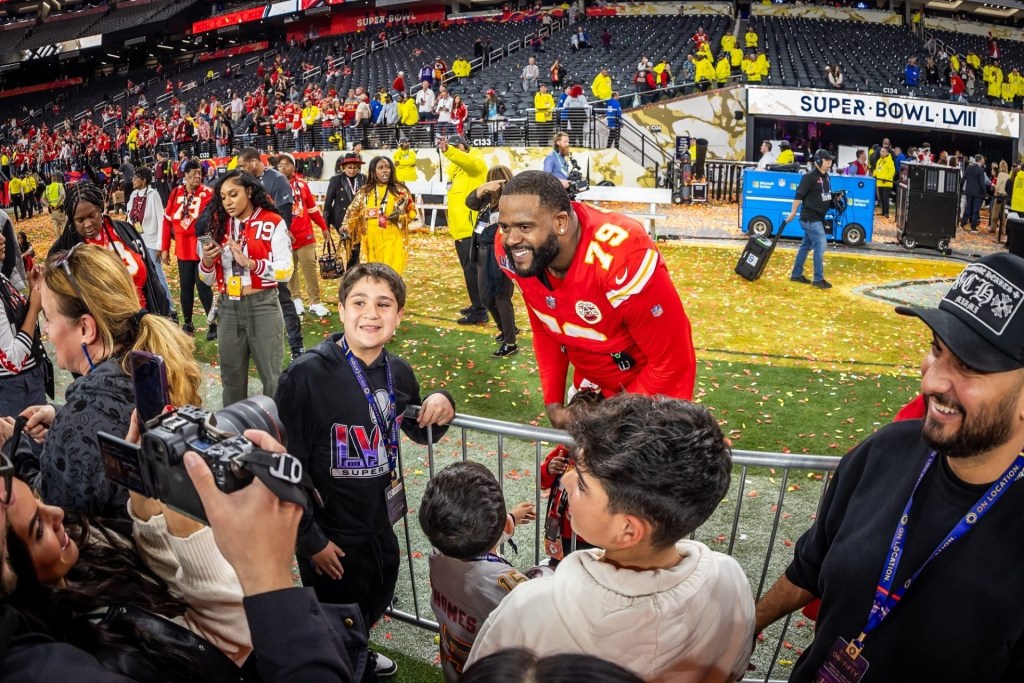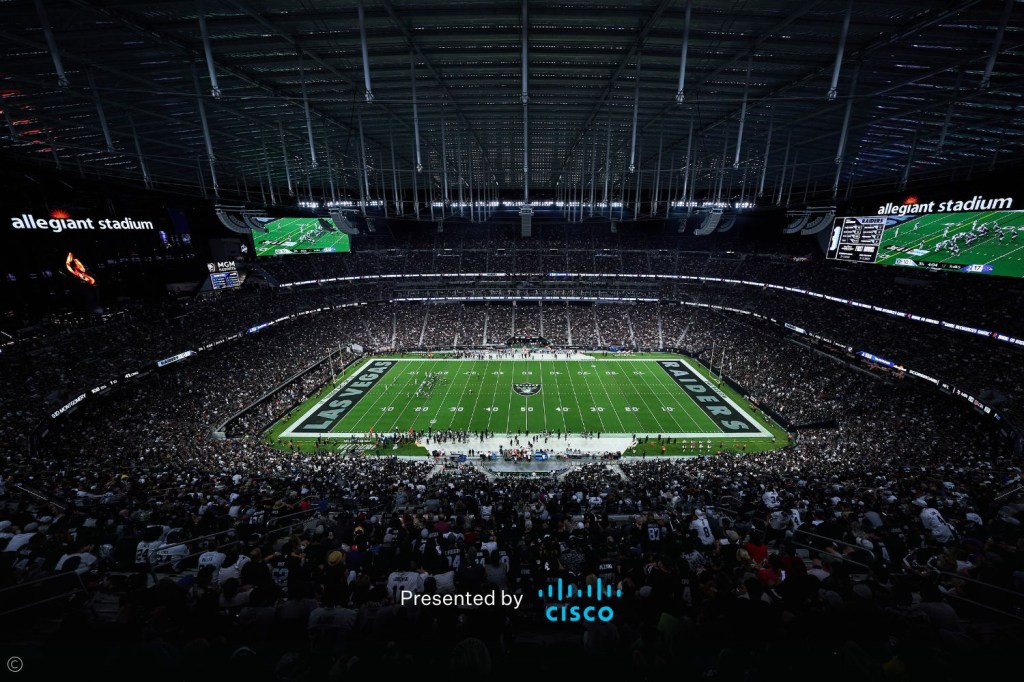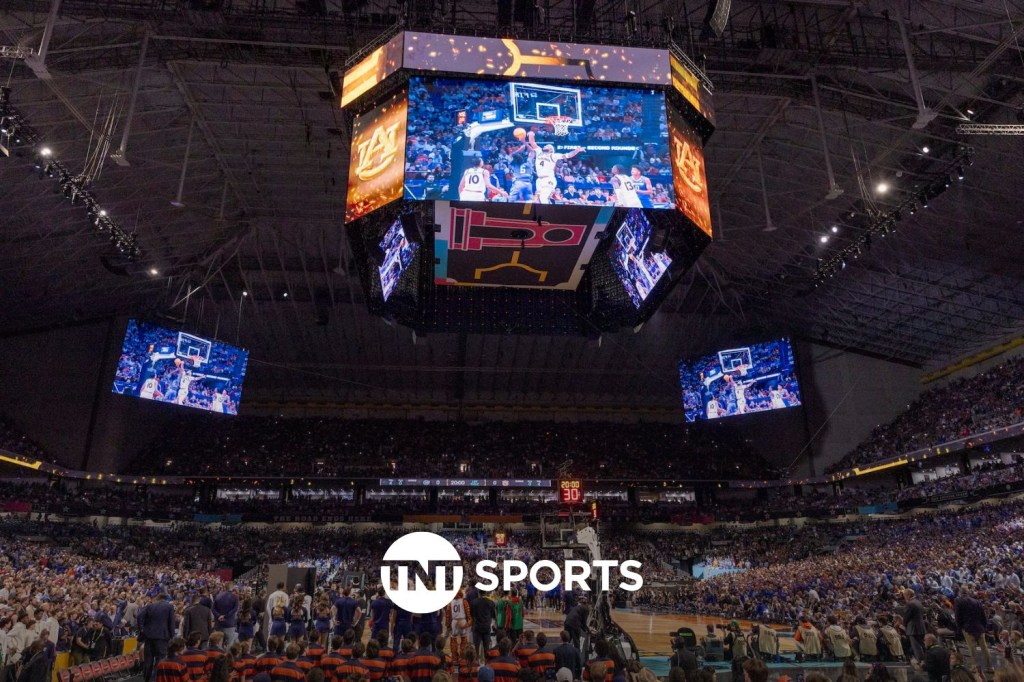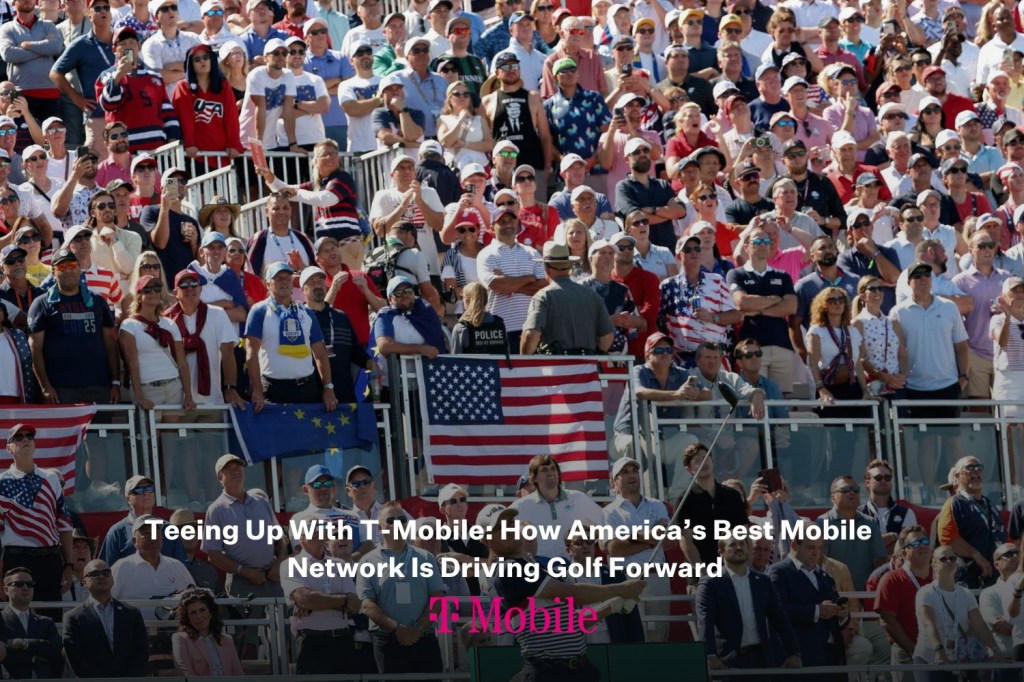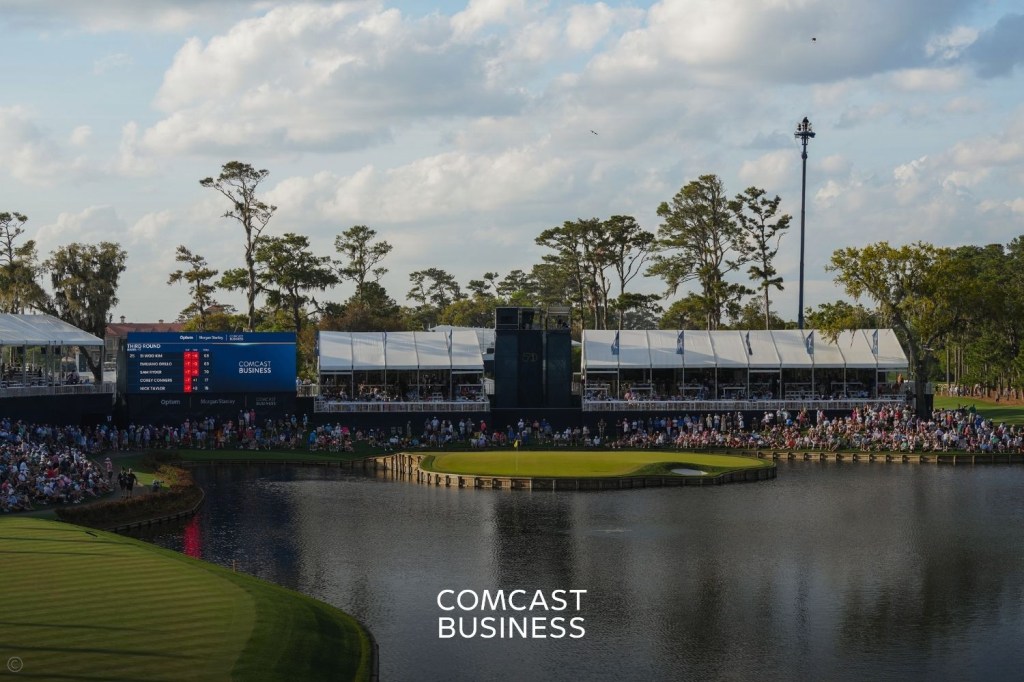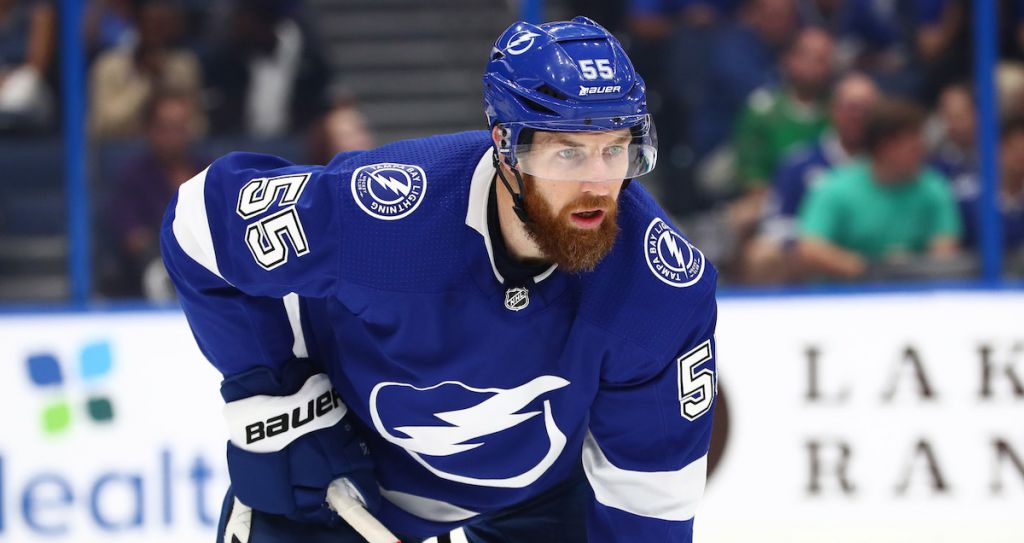
When Steve Griggs joined the Tampa Bay Lightning front office in 2010, the team had fallen on hard times. It had lost the magic from its 2004 Stanley Cup Championship, and season ticket membership had dwindled to 3,000.
In the past decade, the team has surged to become one of the elite NHL teams on the ice, now with 16,000 season ticket holders. That has also helped grow the popularity of the sport of hockey in Florida.
Griggs, who started as chief operating officer and became CEO in 2015, said the change started with Jeff Vinik taking over ownership in 2010 and instilling a world-class mantra.
“The transformation has been immense and it all starts with Jeff,” Griggs said. “For us, we’re sold out every night, but we have to build the fandom and engagement of the game at the community to have future fans.”
By every measure, the Lightning has taken a non-traditional market and turned it into one of the top hockey cities in the league. Season ticket renewal rates are approximately 95% and Griggs said TV viewership is the highest level it has ever been. Merchandise and sponsorship sales are in the top-10 in the league and hockey engagement is through the roof.
The Lightning has committed to growing hockey participation in the Tampa area. USA Hockey registrations have doubled and players in the Thunder program have increased from 1,300 to 2,800. The team has distributed 100,000 hockey sticks to students in Grades 3 and 5, with another 100,000 slated to go out over the next three years, and it also committed to building 10 outdoor hockey rinks. The Lightning also runs the Tampa area high school league, which has seen an increase from 300 to 600 players.
The growth in hockey popularity in Florida has been helpful in the partnership realm, as well., The Lightning has seen increased interest from partners at local, regional, national and international levels, Griggs said, noting local partnerships like with Cigar City Brewing to a deal with China’s LingLong Tire.
“Growth is happening, not only at the NHL level but throughout the community,” Griggs said. “We always have to compete with the weather and beaches, golfing and fishing. We don’t ever rest on our laurels, we’re very appreciative of the fan demand and tribalism, but we know we’re in the south and we know it’s football crazy on weekends.”
“Everything we do in fan and guest experience, in the community every day are things we believe help us sustain the fandom.”
The community investment is a crucial piece to the growth of hockey in Tampa and Florida, overall, said Janelle Wells, assistant professor athlete Vinik Sport & Entertainment Management Program at the University of South Florida.
Wells is currently working on a research project with the Lightning to figure out the actual impact of the involvement, beyond the financial bottom line.
“The Lightning has become our team,” Wells said of the Tampa community. “There’s a social and cultural impact, creating communities within communities, we have this shared sense of hockey community.”
Wells echoed Griggs’s sentiments about being in a football-first state but noted that football participation numbers are shrinking. Contributing to that could be the growth of youth hockey, which Wells – whose son participates in hockey – said helps also educate the parents and makes hockey part of the family.
While other sports might be popular in Florida, other professional sports teams tend to struggle with attendance. The Tampa Bay Rays and Buccaneers are regularly in the bottom of their respective leagues in attendance, while in Miami, the Dolphins are playing historically bad this NFL season and the Marlins put up record-low attendance numbers this summer.
Meanwhile, the Lightning has sold out more than 200 consecutive games.
The Florida Panthers have had a little bit more of a challenge, finishing with an average of 13,261 fans last season, next-to-last in the league.
The Panthers, however, have momentum coming into this season with a new coach in three-time Stanley Cup winner Joel Quenneville and signing free agent goalie Sergei Bobrovsky to a seven-year, $70 million contract, building on a promising 2018-19 campaign.
Panthers Chief Operating Officer Sean McCaffrey did not provide exact figures regarding ticket growth this season but said there’s certainly a change in attitude from the past few seasons.
“We saw an uptick in ticketing when we signed [Quenneville] and then a bump after Bobrovsky,” McCaffrey said. “We’re above where we were last year and people are excited about the team.”
READ MORE: Amalie Arena Upgrades Aim to Keep Concessions Fresh for Lightning Fans
Last year, the Panthers focused on the team’s 25th anniversary, and are focusing on food and fun promotions to bring in fans, like $5 beer Thursday and Nacho Tuesdays. They’ve also made the 50-50 raffle available externally, so there’s no need to be at the game. This season will see a focus on hosting theme games for local neighborhoods, like Coral Springs and Parkland in hopes of further cementing ties to those communities.
Like their in-state rivals, the Panthers have also seen an increase in partnerships based on the prioritization of the community and even the commitment to on-ice talent.
“The increase in partnerships has a lot to do with our community work,” he said. “We’re so involved they take notice and want to be involved. They see how much we give back, see how committed the owners are spending to improve the team and see it isn’t going anywhere.”
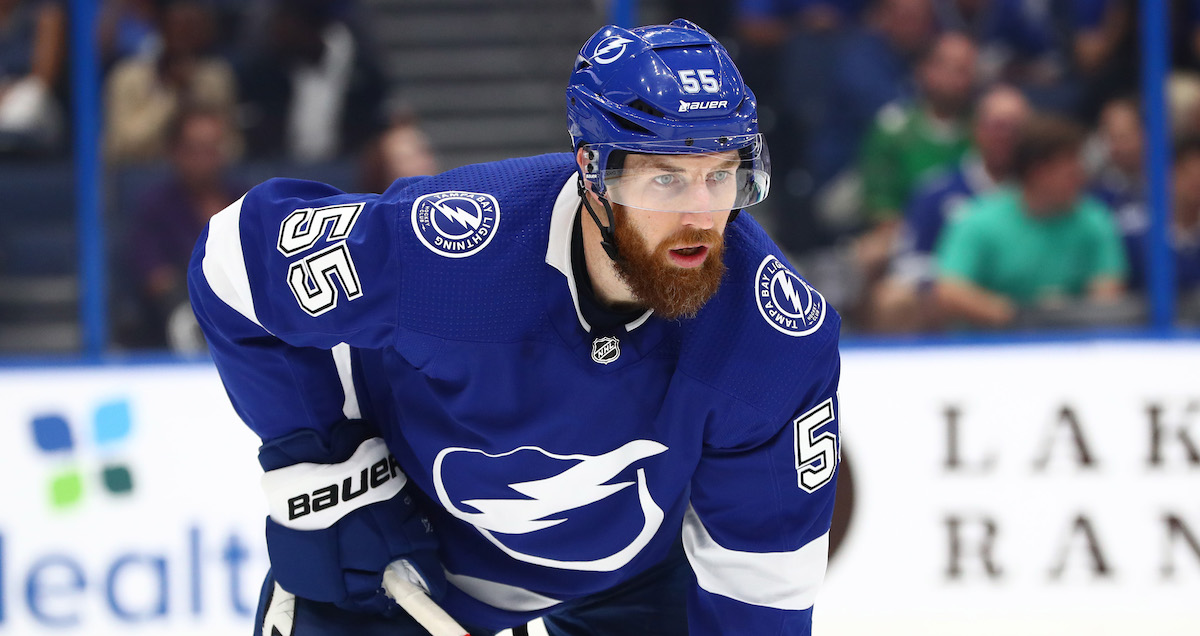
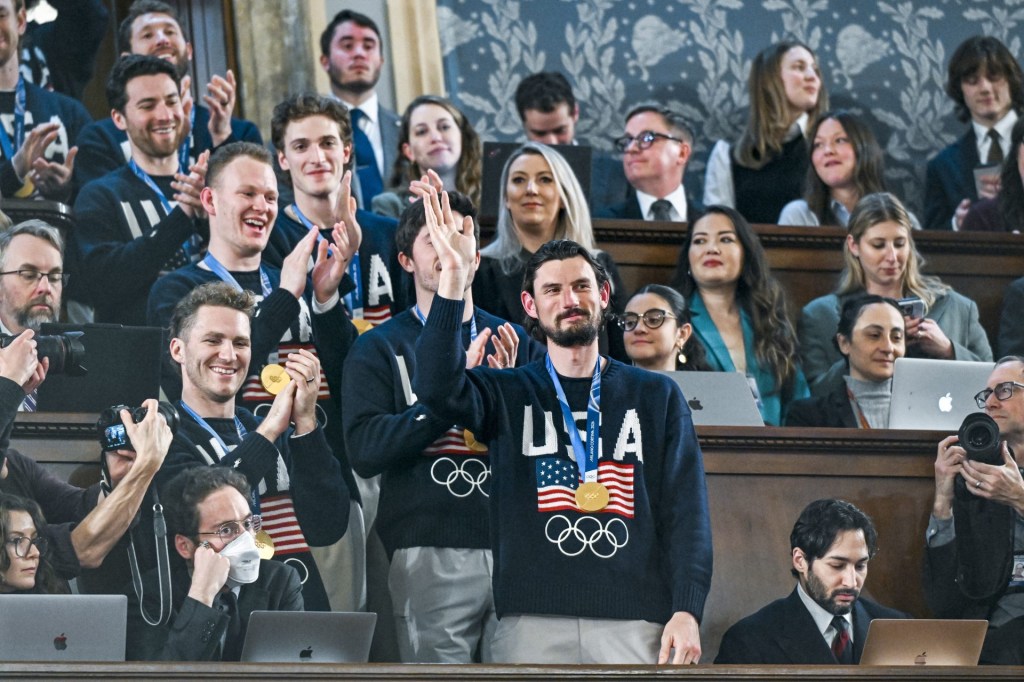
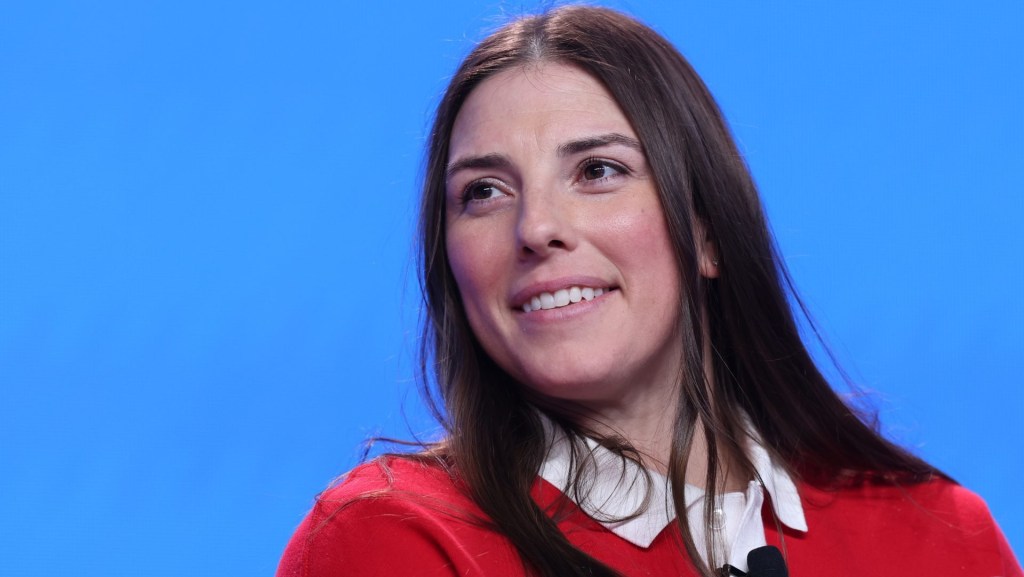
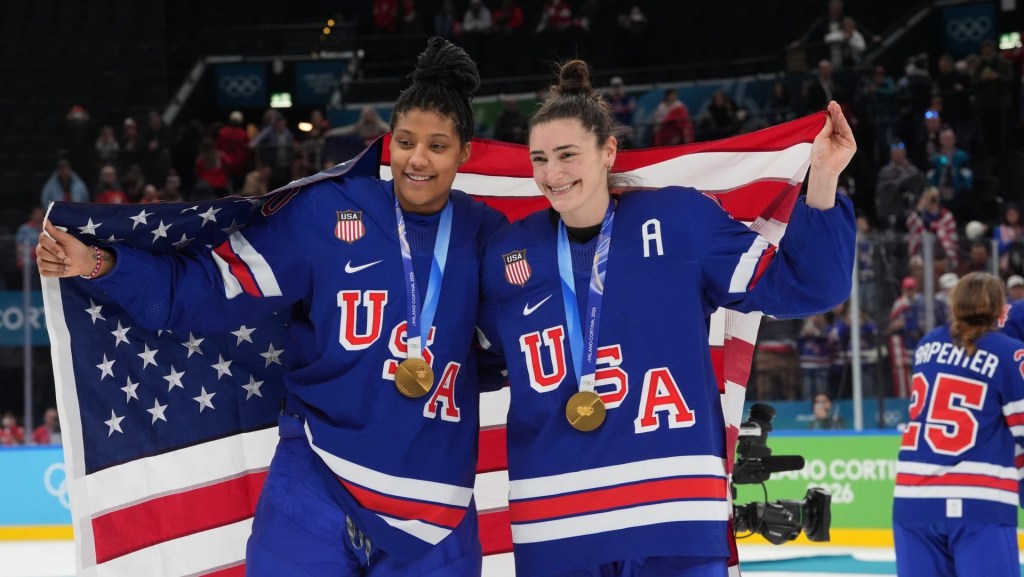
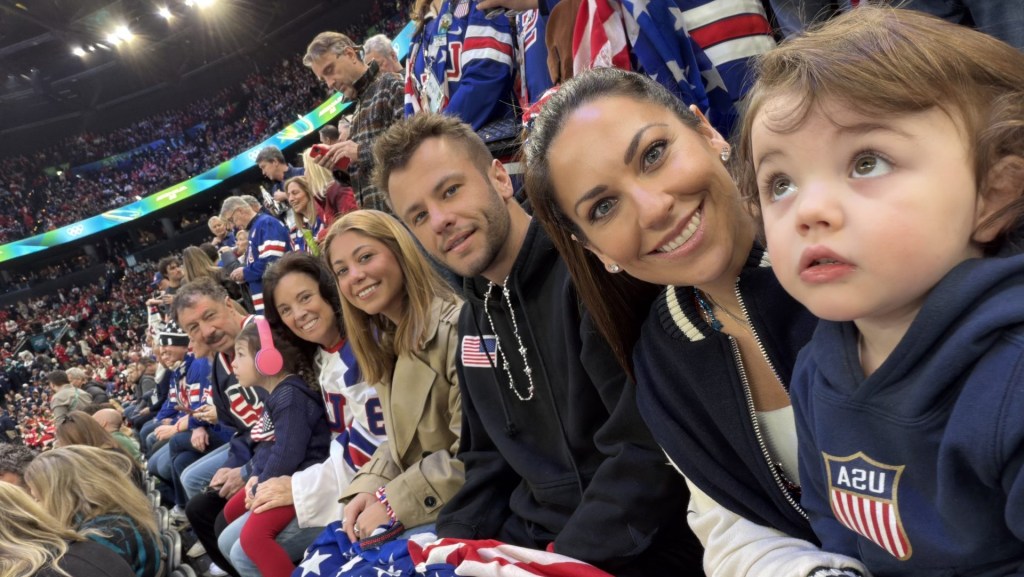

![[Subscription Customers Only] Jun 15, 2025; Seattle, Washington, USA; Botafogo owner John Textor inside the stadium before the match during a group stage match of the 2025 FIFA Club World Cup at Lumen Field.](https://frontofficesports.com/wp-content/uploads/2026/02/USATSI_26465842_168416386_lowres-scaled.jpg?quality=100&w=1024)
![[Subscription Customers Only] Jul 13, 2025; East Rutherford, New Jersey, USA; Chelsea FC midfielder Cole Palmer (10) celebrates winning the final of the 2025 FIFA Club World Cup at MetLife Stadium](https://frontofficesports.com/wp-content/uploads/2026/02/USATSI_26636703-scaled-e1770932227605.jpg?quality=100&w=1024)


